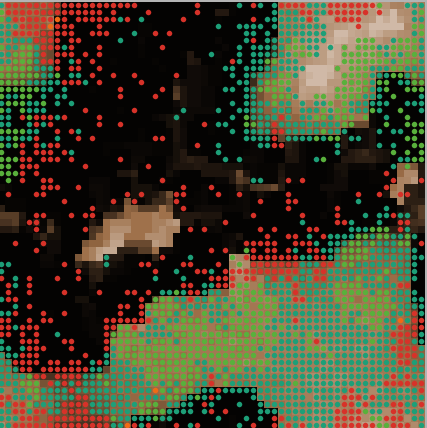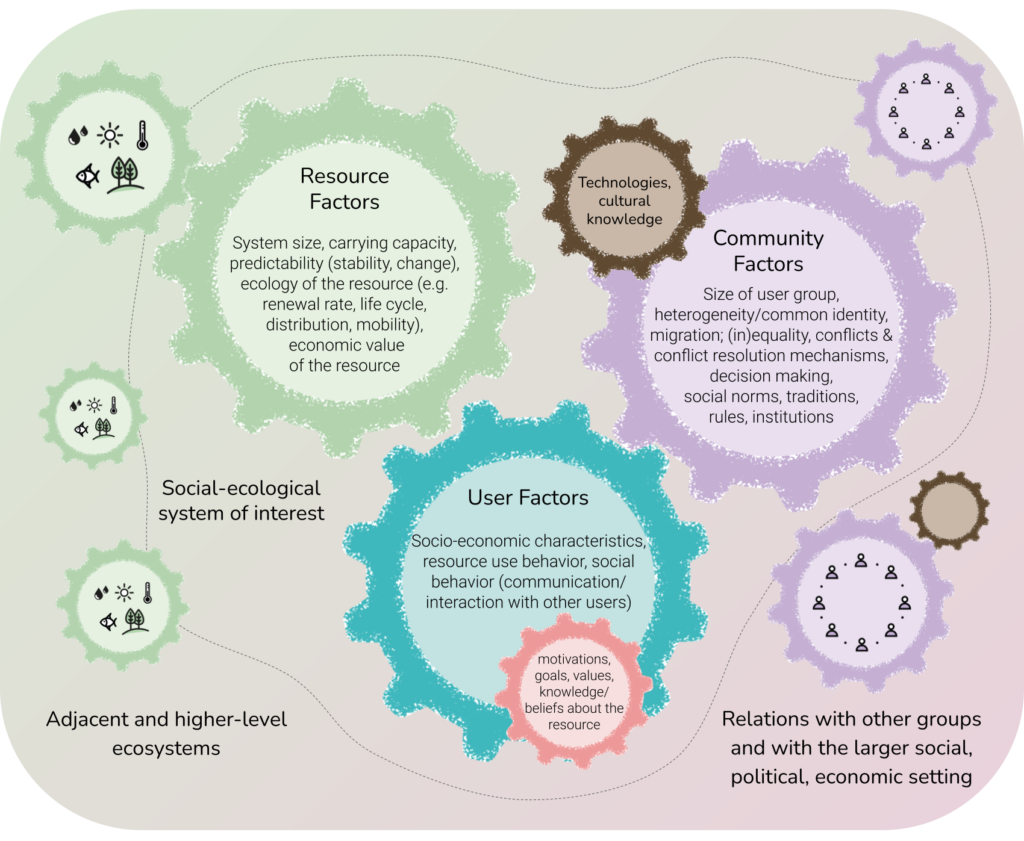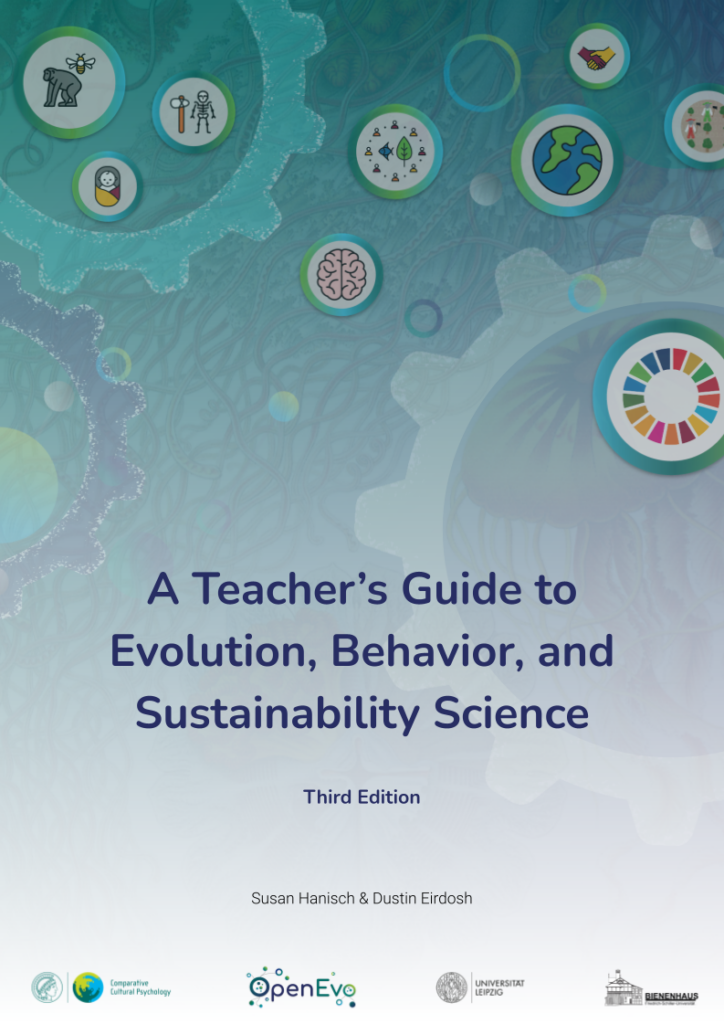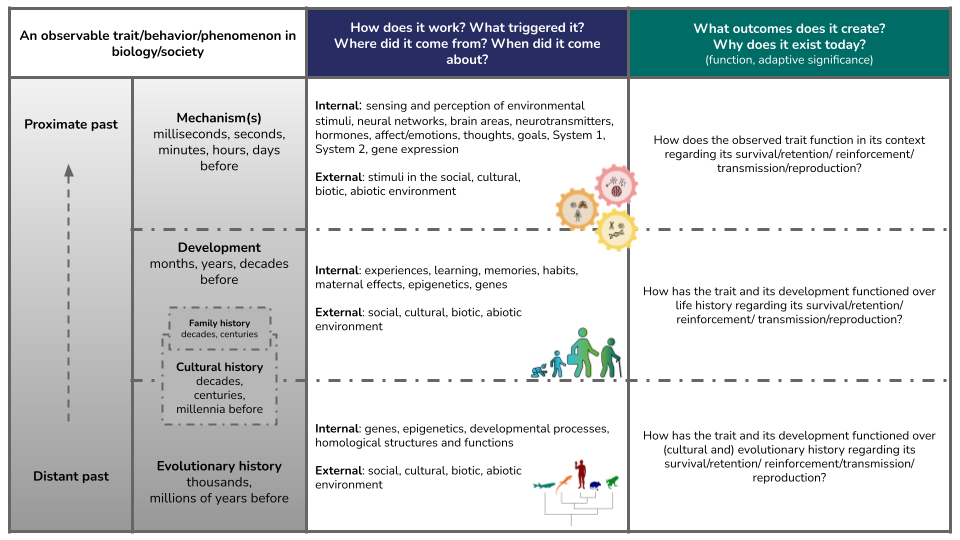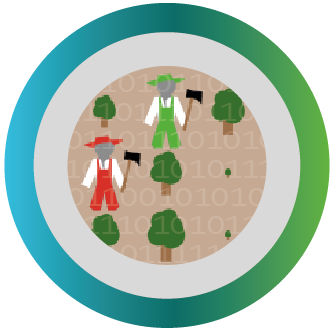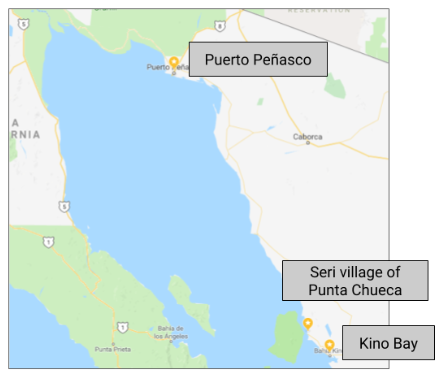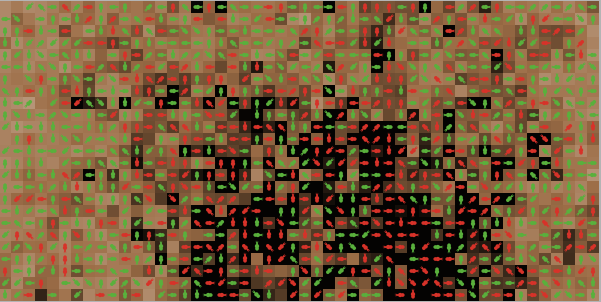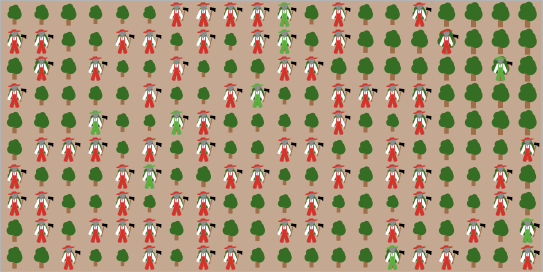NetLogo: Evolution of resource use and social behavior (monitoring and punishment)
This model lets us explore how the appearance of certain social behaviors can affect evolutionary population dynamics.
NetLogo: Evolution of resource use and social behavior (monitoring and punishment) Read More »

